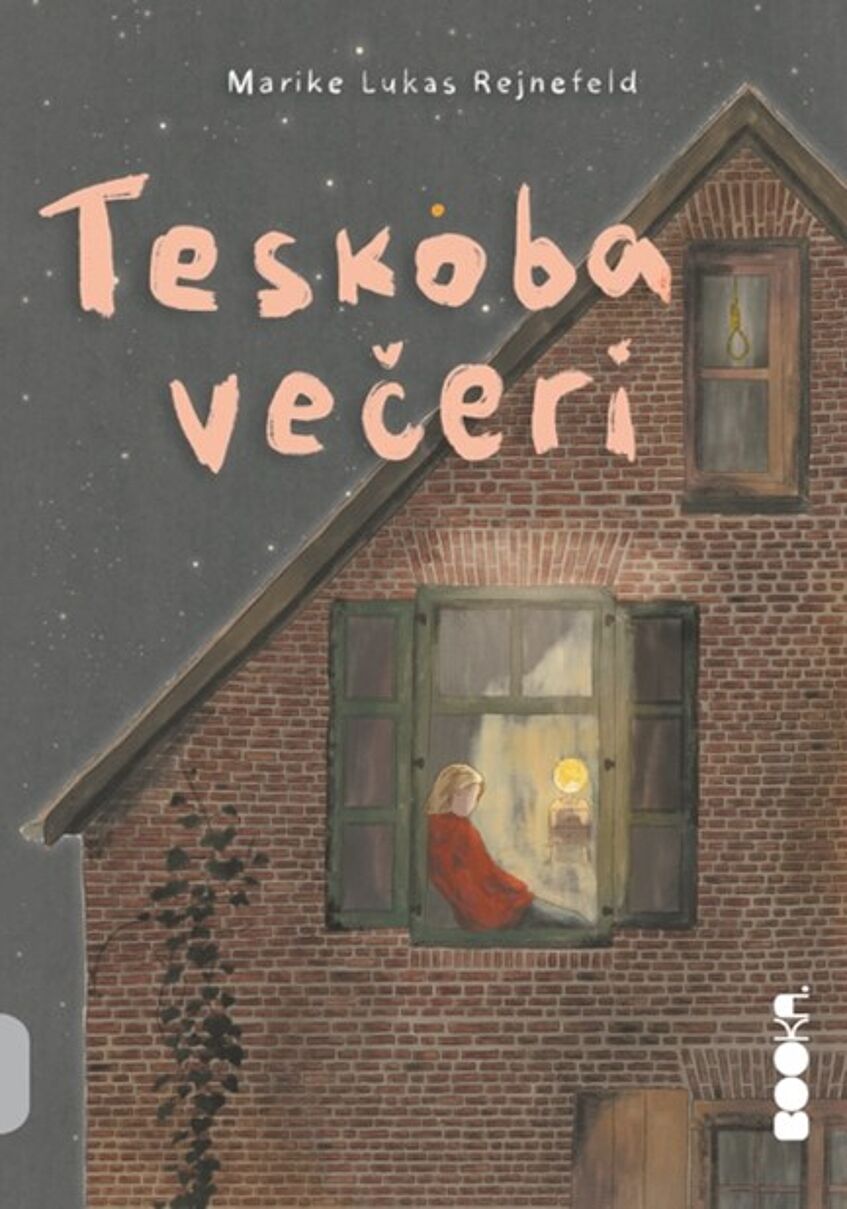Marieke Lucas Rijneveld
Getting the Dutch Literature across Borders
Since 2000, round 8 translations from Dutch have been published in Serbia every year. This comprises all genres, including fiction and non-fiction to poetry and children's and youth literature. However, the majority of these books never reach their readers, and their circulation is restricted to a small group of people who are interested in the Dutch language and culture. However, every now and then, a novel manages to make its way onto the bedside tables of the broader public. The Discomfort of Evening (De avond is ongemak), the debut novel by Dutch author Marieke Lucas Rijneveld, is one of the most recent books to accomplish so. It was so well received in Serbia that it nearly sold out of all 1500 copies in 2020, prompting the publication of a second edition in 2021.
How does a book from a peripheral language attract the interest of the general readership in another (semi)peripheral language? Which factors could play a role in getting a book across the borders successfully?
Via centre to the periphery

‘The Discomfort of Evening'
The debut novel by Marieke Lucas Rijneveld, The Discomfort of Evening, was published in the Netherlands in 2018. Despite receiving a lot of attention from the readers and the press, their novel was overlooked for literary awards in the Netherlands. In 2019, the book didn’t make it beyond the longlist for the Jan Wolkers and the Libris prizes. Everything changed, however, when it was announced in March 2020 that Rijneveld’s novel, translated into English by Michele Hutchison, was named on the longlist for the prestigious International Booker Prize. Publishers from 26 countries purchased the translation rights for their book the same year, and translations into 9 languages were already available in bookstores in Sweden, Portugal, Poland, Croatia, China, and Serbia the following year. The Booker Prize was eventually awarded to The Discomfort of the Evening, putting Rijneveld and their book in the spotlight all over the world.
After reading reviews and recommendations in the English press, Ivan Bevc, founder and editor at Booka, the Serbian publisher of Rijneveld's novel, discovered the book and chose to buy the rights. This supports the hypothesis that once a book from a peripheral language is recognized in the center, it has a better probability of being published in another peripheral language.
Publisher with a mission
Ivan and Nika Bevc founded the publishing house Booka in Belgrade in 2009 as a small family business with the purpose of publishing and promoting great contemporary literature. According to an interview in the weekly magazine Nedeljnik, they ventured into this business with the idea to fill a void in the Serbian publishing market which was caused by the unwillingness of most local publishing houses to take a chance on modern authors of better literary quality.
In the end, their efforts to transform the market gave results as several of their editions made bestseller lists in major Serbian bookstores. Booka, for example, introduced the Serbian public to the Norwegian literary sensation Karl Ove Knausgård and the Italian writer Elena Ferrante, who took the world by storm with her four-book series of Neapolitan Novels.

Booka also owns three bookshop cafés in Belgrade
However, among their publications there are also authors from the peripheral languages such as Hebrew, Macedonian, Islandic and Dutch. Prior to publishing The Discomfort of the Evening, they released a translation of Tommy Wieringa’s centrepiece for the annual Dutch Book Week, A Beautiful Young Woman (Een mooie jonge vrouw).
Another interesting aspect of the publishing house, Booka, is their collaboration with the translators and designers. By giving them space on their website, they are increasing their visibility. Apart from that, they appear to be willing to take a chance on inexperienced and young translators. That was the case with the translator of Rijneveld’s book, which was made by an aspiring translator from Dutch, Mila Vojinović. This was her first individual translation after having participated in group translations and publishing short fragments in the Magazine of Dutch and Flemish Literature in Translation Erazmo.
Reviews and media presence
The Discomfort of the Evening was not the first internationally awarded book from the Dutch language area to be published in Serbia. Six writers from the Dutch language area have won the European Prize for Literature since its inception in 2009, and four of them have been published in Serbia. Despite this, none of the books received significant media attention and remained unnoticed. Unlike them, Rijneveld’s novel attracted more attention from the press than any other Dutch or Flemish novelists in recent years.
Booka has built a loyal audience that not only reads but also actively promotes their publications owing to their marketing strategy and branding, which focuses heavily on social media and targeting. Several book reviews and recommendations of The Discomfort of the Evening appeared in online magazines and literary blogs as a result of this.
When it comes to how the novel is portrayed in the media, every review of the book begins with the fact that it won the Booker Prize, as well as the author's transgender identity. Apart from that, the autobiographical elements, as well as the key importance of the rural setting and the strict religious upbringing in the story, are being stressed out. Some of the authors are having a hard time believing this is Rijneveld’s first novel. They are prizing their incredibly graphic writing style, honest and emotional storytelling, and the picturesqueness of their language. They all agree that this novel deserved to win the award. However, they also point out that it is not suitable for those who have a weak stomach due to the novel's challenging and disturbing subject and the author's brutal treatment of it. It is also worth noting that one of the authors is writing highly of the quality of the translation done by Mila Vojinović, a former student of the Dutch Department in Belgrade.
It’s not that The Discomfort of the Evening is showered with a similar amount of attention as the titles written in the far more prevalent languages, like English, French, German or the Scandinavian languages. Nonetheless, it is the first novel from the Netherlands to reach a broader readership in recent years due to the interplay of numerous factors, such as international recognition, the quality of the translation, and the marketing strategy of the publisher. The question remains whether Rijneveld's book's popularity will pave the way for other Low-Country authors.
(Bojana Budimir)
